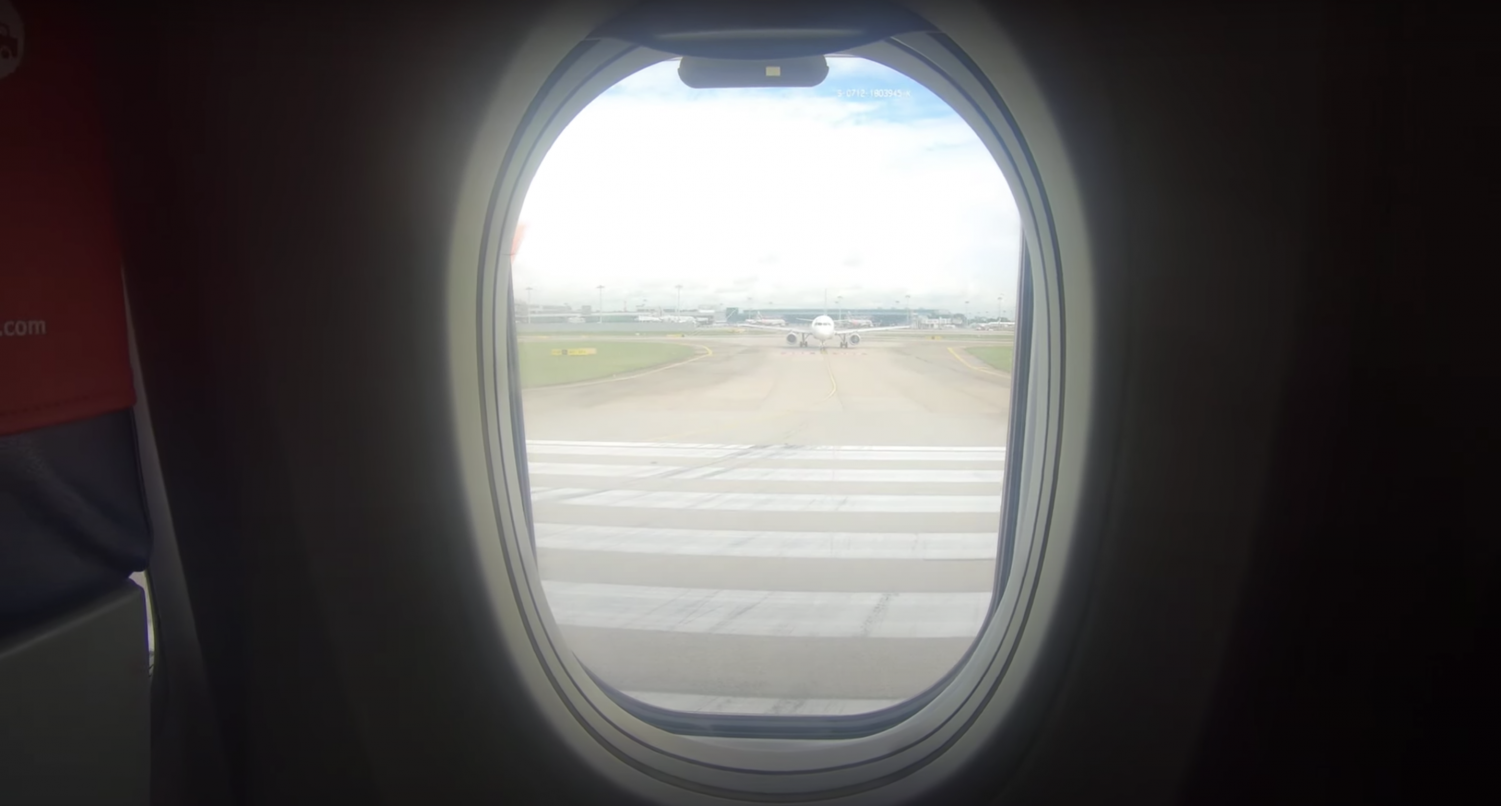Bekah Barnett, a sophomore pre-clinical nursing major from Okinawa, Japan, was shocked when she heard Biola University might be closing its campus and moving classes to an online format.
“When people started talking about going home, I thought, ‘I’ll just be stuck on campus by myself.’ In my head, I was thinking, ‘Everyone else has the option to go home but I don’t,’” she said.
On March 17, Biola announced that students should leave campus no later than March 22 unless they had no other viable options for housing. On March 19, Biola sent an “Urgent Notice of New Move Out Date” explaining that Gov. Gavin Newsom had issued a stay home order for California residents, so students who were able to would need to leave campus by March 21.
INTERNATIONAL STUDENT TRAVEL
At Biola, more than 600 students make up the global student population and represent around 40 countries, according to Global Student Programs & Development. When the coronavirus hit and travel bans started being implemented all around the world, global students’ ability to return home came into question.
Of the roughly 125 students remaining on Biola’s campus, more than half identify as global students. According to GSPD director Chris Lee, when campus shut down “some were able to go home immediately, others ran into difficulties in traveling, some relocated within the United States with other family or friends and some stayed on campus.”
“I didn’t think going home was even a possibility,” Barnett said.
By March 11, when Biola announced classes would move online, Japan had 1,264 confirmed cases of the virus and 19 deaths. Since Japan is close in proximity to South Korea and China, two hot spots for the virus at the time, Barnett’s parents suspected they might not have long before Japan started taking extreme measures. Fearing the nation would impose a travel ban, Barnett’s parents decided to get her home.
“I wasn’t mentally prepared to go home already, but I felt a little overwhelmed at the idea of being stuck on campus,” Barnett shared. “We bought a flight the day after we talked and then I was on my way two days later.”
She explained that the day after she arrived home the government closed all non-essential travel into Japan. Barnett, an American citizen, fears that if she had waited to leave she would not have been able to get home once the border closed to non-essential travel.
Now back in Japan, Barnett struggles with a 16-hour time difference, having some classes at 1:30 a.m. and others at 5:30 a.m.
Kirsty Ponla, a sophomore biology major from Davao City in the Philippines, never had the option to return home after Biola moved everything online.
“My city went into lockdown way earlier than Biola did, so it never came to mind as an option to go home,” Ponla said, explaining that, even if she had had the option to go home, she would not have for fear of being stuck abroad.
STUCK ON CAMPUS
In order to practice social distancing and keep everyone safe, students staying on campus have been living alone, placed individually in Thompson, Stewart and Sigma Hall, or in the Li and Welch Apartments. Even open hours have been discontinued out of caution.
Ponla said she struggles with feelings of loneliness and isolation.
“It’s really hard to be alone, to not be with family or anyone that you love and trust,” Ponla said. “It’s hard to not physically be with people, to have to keep your distance and only be able to talk through screens.”
While Barnett faced chaos in figuring out whether or not she could go home, Ponla is facing the difficulties of staying on a closed campus in an unprecedented situation.
“I feel like we’d get emails about both housing and food every day that would change things,” she explained. “It was confusing, every day thinking something different, like, ‘Oh so we’re moving, oh we’re not. We can go to the Caf? Nevermind, we can’t.’”
Lee explained that, as the impact of the crisis has extended, GSPD has continually worked to advocate for global students through assisting with housing and food insecurities and doing one-on-one check-ins with global students to see how it can support them.
As a community, Lee said the best thing to do is provide “continued support and prayer for global students, as many are not only navigating the current reality of COVID-19 in the U.S., but also the current reality of the pandemic in other countries they associate with.”







